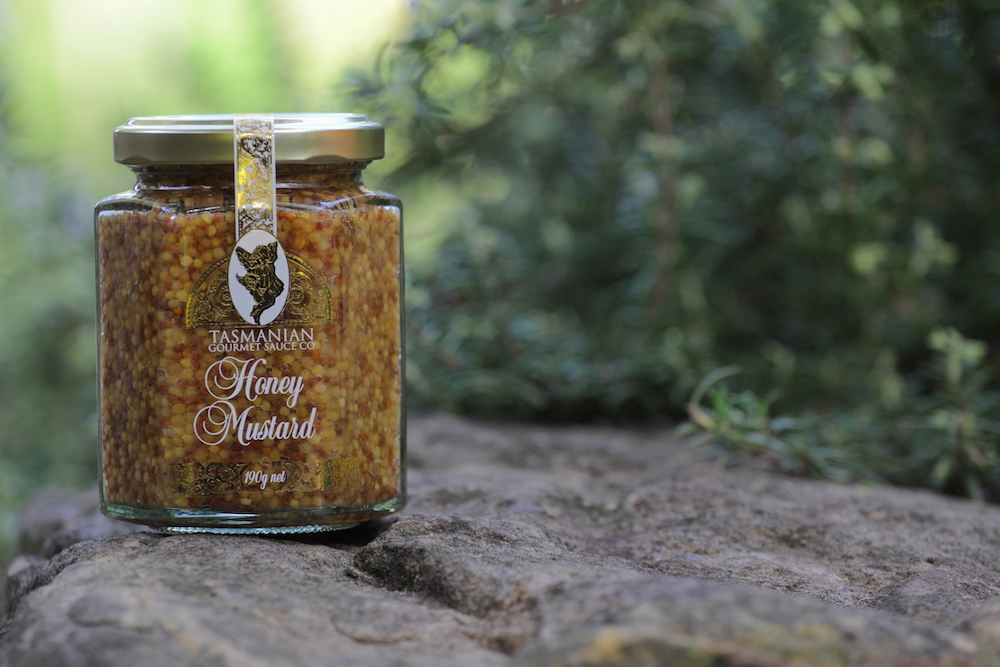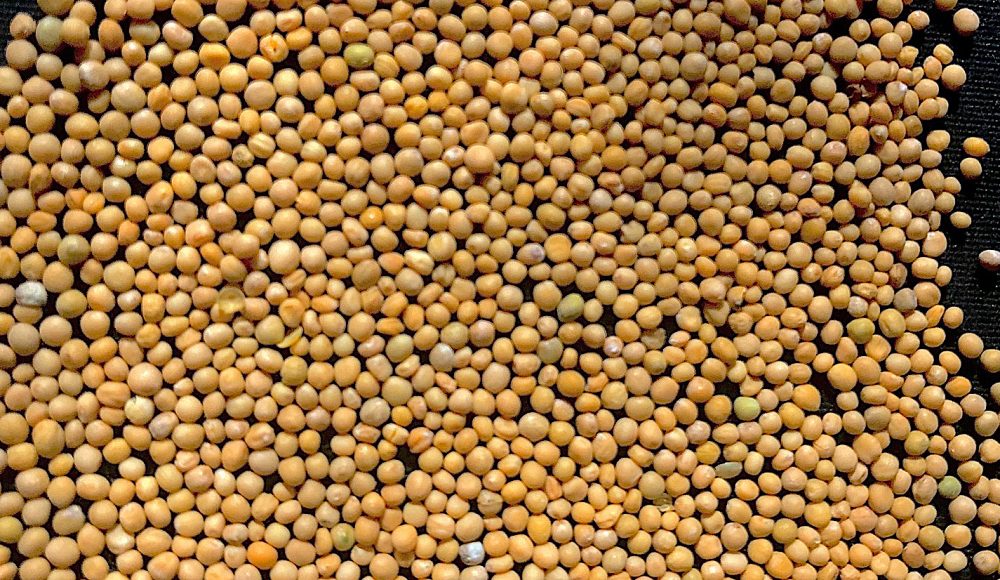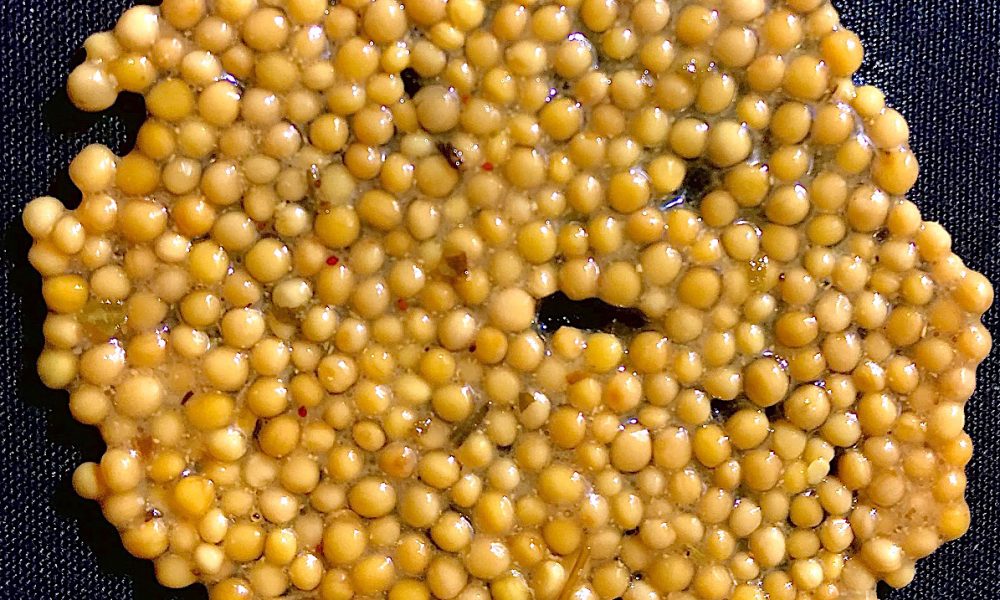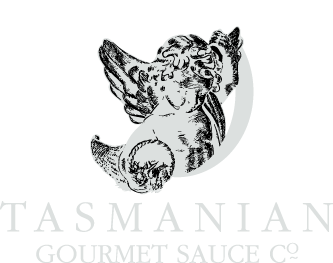Mustard Time
05/09/2020After a long cold winter here in Tassie, spring is here and we are ready to fire up the BBQ as the evenings get longer. We thought it time to extoll the virtues of mustards and a little about the origin.
I grew up thinking that mustard was purely a condiment (which it is!) but it is so much more and I believe, the essential ingredient in so many dishes. It is the hero at BBQ time – in marinades, glazing meat and to add piquant interest to bring diners back for more.

History tells us that mustard was used in Roman times in powdered form. The Gauls developed the mustard we know today with Dijon becoming the heart of everything mustard. The word come from mostarde when it was made with verjuice or unfermented wine.
Today we have endless varieties of mustard from the forty different species and rigorous judgements are passed on the raw seed and the finished product.
Mustard quality is comparable with wine in that the seed quality used is as important as the grape to make top quality wine. When a mustard maker buys raw mustard seed, the quality reflects the price paid.
In short, to ensure the ‘crunch’ of a seeded mustard, the producer must guarantee 99% unbroken seed and that’s what we use. Anything less than that lowers the quality of the mustard and, of course, the consumer will be the decider, as long as they understand what they are paying for.

Quality mustard seed is non-negotiable if you want to produce a premium mustard.

Our Mild Wholeseed Mustard has the trademark ‘crunch’ of a top quality product
I love the crunch of our premium mustard, with its spicy kick. It’s so versatile that it finds its way on to our table most days. As you taste your way through our range, you might find this happening in your household too!
Blog





